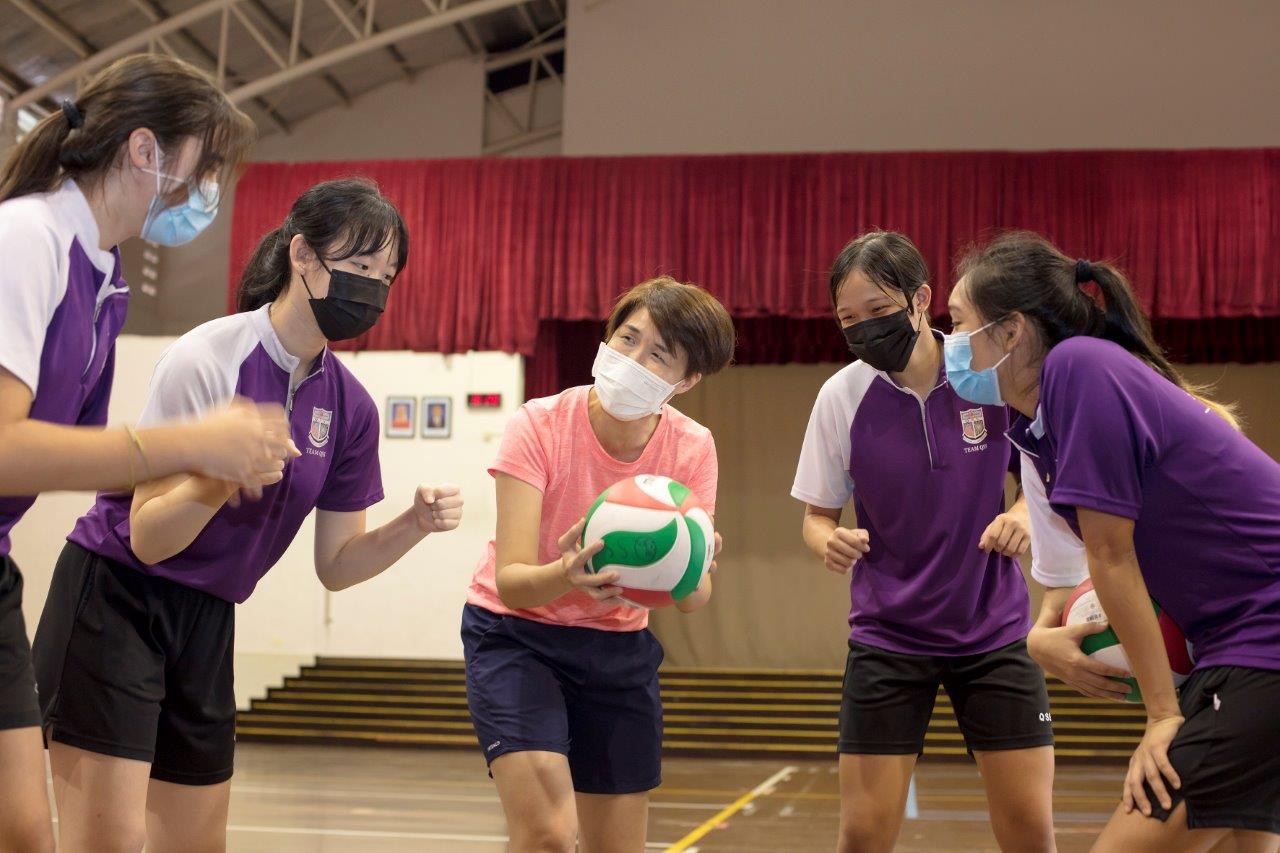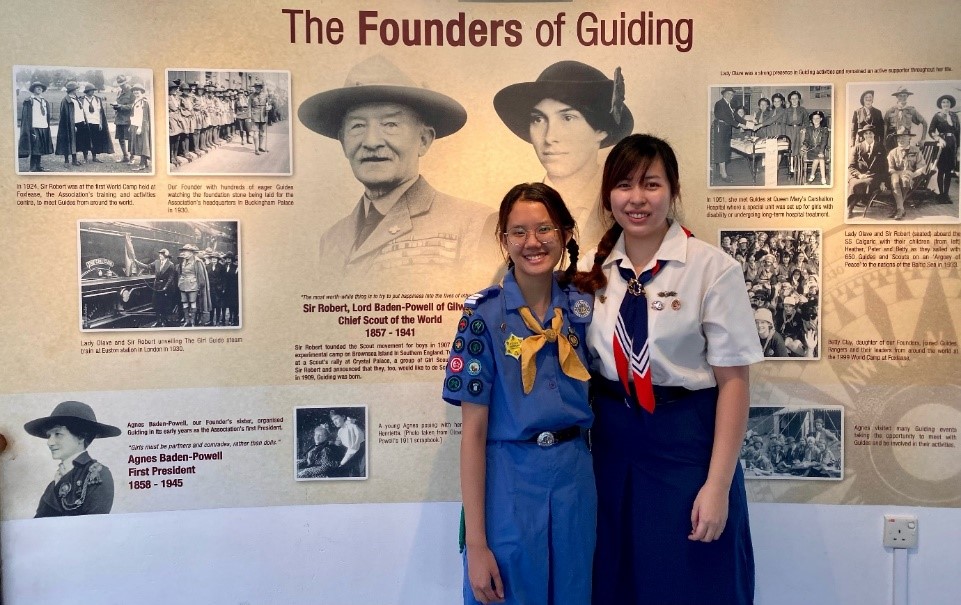Holistic Teaching through PoETEL
03 Mar 2008
Imagine learning about Social Studies through drama, or story-writing through comic strips. Sound fun? These interesting lessons are what pupils at Tampines Primary School experience in their classrooms, making learning a thoroughly engaging affair for the pupils!
Since 2006, the school has implemented Practices of Effective Teaching and Engaged Learning (PoETEL), which is a framework for lesson planning and execution, lesson evaluation and professional development. A school-based curriculum innovation under the auspices of Teach Less, Learn More (TLLM), PoETEL helps teachers to take a more holistic view of teaching, as they look at five domains: Learning Outcomes, Content, Process, Intellectual Climate and Social Emotional Climate.
Fun lessons, engaged pupils
“Drama is used to promote thinking and inculcate values in the holistic development of the child. Through drama activities, pupils can engage actively with their subject matter. For example, pupils can discover more about a particular war hero in Singapore through role-playing the character,” explains Ms Nazreen Osman, the drama teacher at the school. “Drama also adds a powerful dimension to improving pupils’ communication skills as they have to participate actively in the lesson and are constantly interacting with one another.”
Ask the pupils what they think, and their response is enthusiastic. “Drama makes me more confident and I like drama lessons because they are interesting! I think more, and also ask more questions,” enthuses Muhd Zhafir, a Pri 2 pupil.
Besides using drama, the school also makes use of comics – such as Archie or Calvin and Hobbes – to teach story-writing in English. For example, to introduce pupils to a story structure and the various parts that make up a story, pupils analyse a comic strip to identify the different parts and see how they are strung together to make a coherent whole.

As pupils role-play characters from a story, the activity engages both their intellect and emotions.
A radical move
Creative lesson design is just one way in which PoETEL has enabled teachers to be more effective in their teaching and better engage their pupils. It has also been pivotal in bringing about some radical moves, such as introducing science lessons in Pri 1 and 2.
Principal Mrs Wong Bin Eng reveals that even though MOE includes science in the school curriculum from Pri 3 onwards, the school has introduced it earlier because it finds that that lower primary pupils are very curious to learn about science. To take advantage of the pupils’ eagerness and interest, the school has incorporated the learning of science in Health Education.
For example, while teaching pupils about the different senses, teachers make use of plants or other items to teach pupils the basic science skill of making observations using their various senses. At the same time, the subject is kept non-examinable for these Pri 1 and 2 pupils.
In just two years, PoETEL has brought about many positive changes in the school. The school observes that pupils have become more engaged and enjoy their lessons more. As lessons become more collaborative in nature, more group work takes place in the classroom. Teachers conduct livelier, more effective lessons, and they are becoming more adept at using questions to enhance learning.
What sparked off PoETEL in the first place? Mrs Wong says, “We wanted to have something holistic that teachers can use to look at the various aspects of teaching, especially for the new teachers. There are different pedagogies and we wanted a framework that can enhance effective teaching and learning regardless of the pedagogy.”
PoETEL is the result of joint efforts between Mrs Wong and her staff. Two critical groups of teachers are involved. One group is the PoETEL Activists, who manage PoETEL implementation in the school in consultation with the Principal and Vice-Principal. They also plan and conduct research to advance PoETEL.
Then there are the PoETEL Advocates who are Heads of Departments of instructional programmes, i.e. English, Science, Math and Mother Tongue. Each takes care of a group of teachers and helps them to improve their teaching practices, using PoETEL as the guiding principle.
Tampines Primary school is so energised by the progress in their students’ learning that teachers have started to use lesson study to share the TLLM message in their school cluster. In November 2007, they presented their research findings at the World Association of Lesson Studies International Conference in Hong Kong. The school also has plans to develop PoETEL rubrics as a means of providing meaningful feedback to learning and to innovate a Singapore version of Lesson Study using PoETEL as a framework. The Activists and Advocates will continue to share about PoETEL at both local and overseas conferences.







